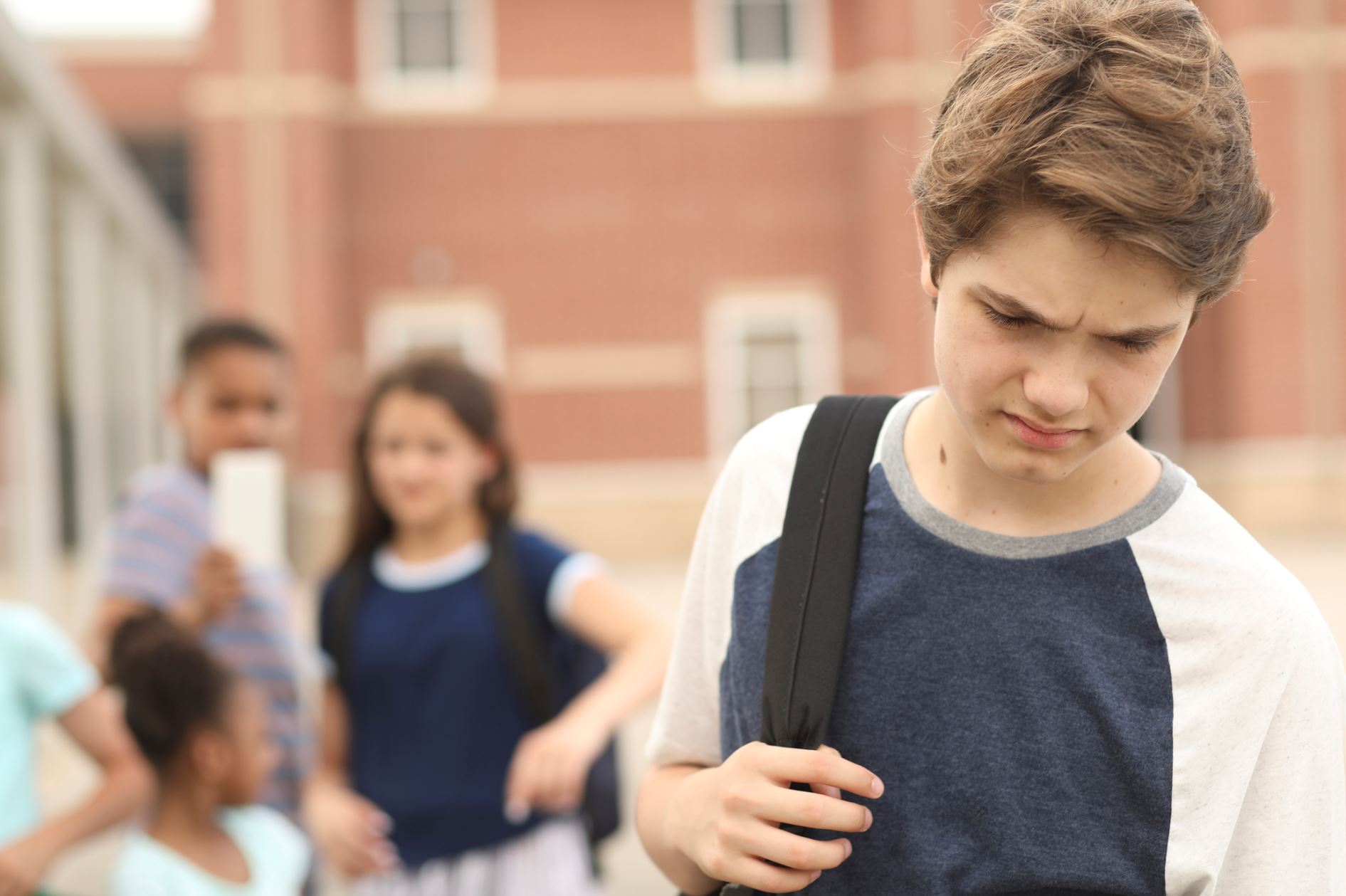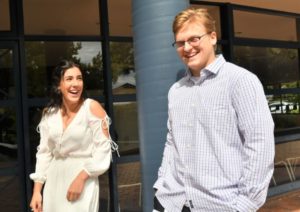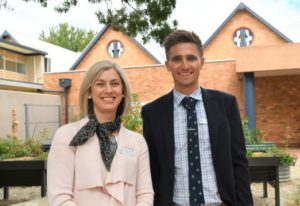
A South Australian school is expanding a research program seeking to reduce stress and anxiety among its students, where perfectionism, body image concerns, learning and workload challenges, separation anxiety and depression may take hold at any age.
The new research, kickstarted with funding from the Fraser Mustard Centre and Channel 7 Children’s Research Foundation, is focusing on developing and rolling out targeted wellbeing programs for all ages from pre-school to the post-school year.

The whole school wellbeing education framework at Concordia College is expanding this year in line with the Lutheran school’s mission combined with international wellbeing education guidelines, says Flinders University psychology researcher Dr Catherine Johnson.
“This framework, including a new approach to prepare Year 12s and school-leavers for the workplace and independent adult life, has included wide consultation in the school community, from students and parents to teachers and support staff,” says Dr Johnson, who has been working with the school since 2018.
“Last year we identified three priority wellbeing themes to run across the whole school journey, based on a combination of the scientific evidence base and our own student data:
- Psychological skills to deal with challenge and stretching beyond the comfort zone, including perseverance and challenging unhealthy (self-critical) perfectionism
- Body image education
- Friendships and bullying.

Dr Johnson, herself a former Concordia student, says schools have access to a wide range of mindfulness, wellbeing and resilience training and information.
“School-based prevention and support programs are a great way to reach young people at all ages and across the population, particularly when young Australians are the least likely age group to seek professional treatment or speak for themselves,” she says.
“With this initiative, we are aiming to have an integrated program across all school years and stages of brain and social development to support students into adulthood.”
Addressing key mental health risk and protective factors early in life will smooth the journey into adulthood, she says.
This year the Concordia project will run staff and parent workshops to align with student education sessions to develop a common language and understanding of key skills. Staff will also have the opportunity to personally experience different wellbeing elements as part of professional development, both for self-care and to effectively model skills to students.
The New Graduate Transition program was launched on February 23, 2021 at a workshop for the Class of 2020. A range of speakers from business, university and recent graduate peers will share their experiences.
The cost of mental illness in young Australians is estimated at more than $6 billion a year, with one Ernst and Young report citing statistics including one in four young Australians have a mental health condition, that 75% of mental health problems first appear before the age of 25, and more than 70% of young women and 80% of young men who need help and support don’t get it, and one in 10 young people are disengaged from education, employment and training (see snapshot below).

